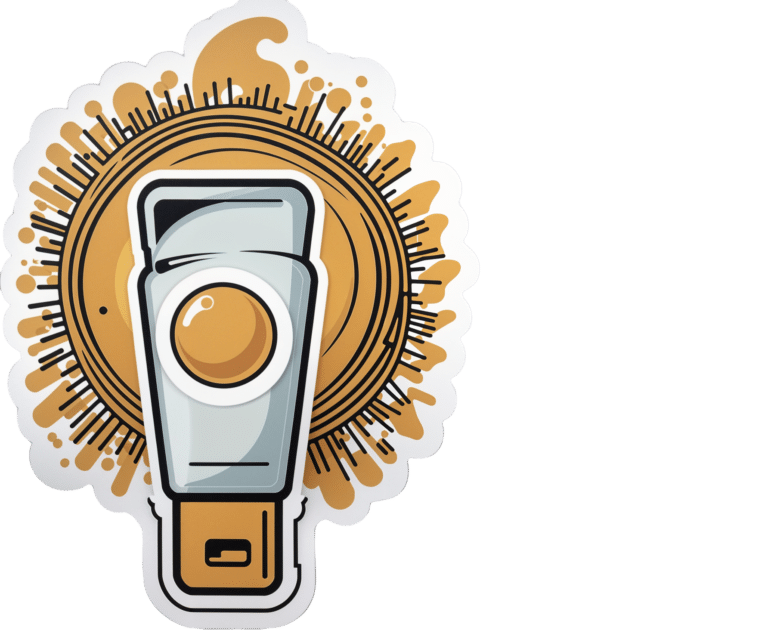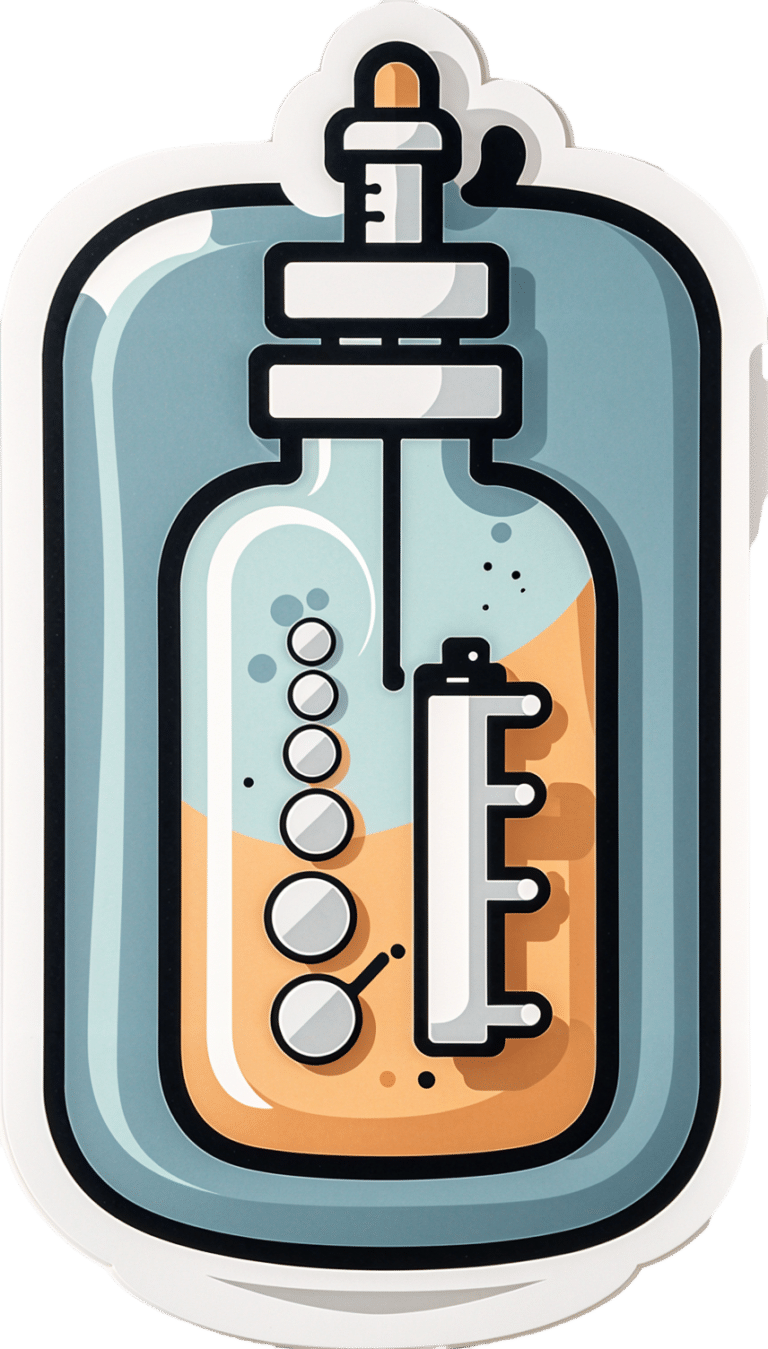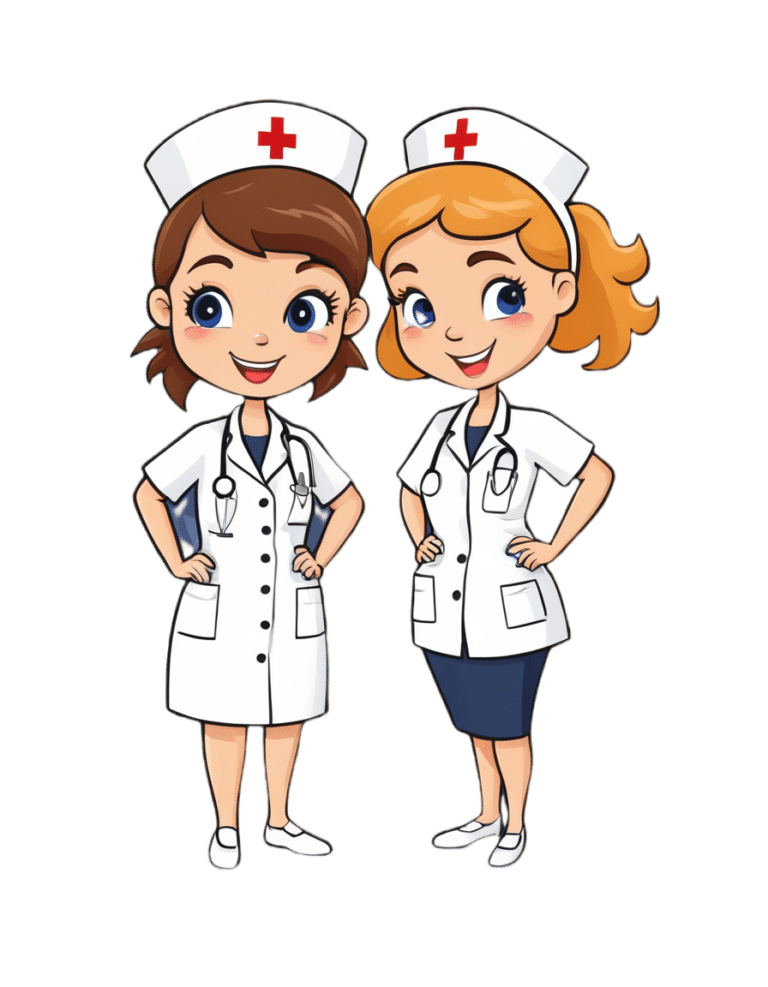
Terminal lucidity: why do loved ones with dementia sometimes ‘come back’ before death?
Terminal lucidity brings fleeting clarity to dementia patients, challenging our understanding of brain function as death nears.
How does the drug abemaciclib treat breast cancer?
Abemaciclib, added to Australia’s PBS, drastically cuts breast cancer treatment costs while targeting CDK4/6 in HR+/HER2- cancers.
What’s Keeping the US From Allowing Better Sunscreens?
Dermatologists warn of inadequate sunscreen use and outdated U.S. regulations, hindering access to advanced, more effective sun protection options available globally.
Yes, adults can develop food allergies. Here are 4 types you need to know about
Can adults develop food allergies? Absolutely—and they’re more complex and varied than you might think. Learn about IgE-mediated reactions, tick-meat allergy, fruit-pollen syndrome, and exercise-induced allergies.
Their First Baby Came With Medical Debt. These Illinois Parents Won’t Have Another.
Emerging from the joy of childbirth, families like the Crivilares are drowning in medical debt, with 12% of U.S. adults citing pregnancy and delivery costs as a major burden.
154 million lives saved in 50 years: 5 charts on the global success of vaccines
Vaccines have saved 154 million lives over 50 years, with children as the biggest beneficiaries, yet vaccine coverage must improve to sustain success.
The BAT-pause!
Cold weather triggers healthier fat conversion, but menopause disrupts the process – new study clarifies the estrogen-BAT connection.
Forget Ringing the Button for the Nurse. Patients Now Stay Connected by Wearing One.
Houston Methodist Hospital deploys BioButton, a wearable AI device improving patient care and stirring nurse union concerns over healthcare automation trends.
Paris in spring, Bali in winter. How ‘bucket lists’ help cancer patients handle life and death
Travel and bucket lists define life’s final chapter for many with cancer, embodying hope, control, and meaningful experiences beyond illness.
Not all ultra-processed foods are bad for your health, whatever you might have heard
Recent evidence suggests not all ultra-processed foods are equally harmful, challenging the push to restrict them in dietary guidelines.
Learn To Grow
Sign up for weekly gardening tips, product reviews and discounts.
Age Gracefully
Using Science to Help You Age Gracefully
10almonds is reader-supported. When you buy through links on our site, we may earn an affiliate commission. As an Amazon Associate, we earn from qualifying purchases.










